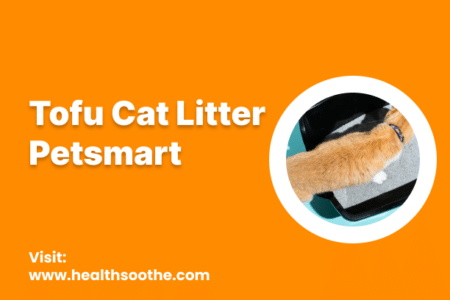Vaccines are an essential part of keeping your pet healthy and safe. Still, ensuring they only get the vaccines necessary for their particular breed and lifestyle is important. Over-vaccination can cause many health issues in pets. This can include allergies, skin problems, and even cancer. Always talk to your vet about which vaccines your pet needs. This will ensure that your pet is not at risk of unnecessary vaccinations. A mobile Veterinarian in Des Plaines, IL, can advise which vaccinations are essential for preventing disease or illness in your pet. It is based on their age, breed, lifestyle and other health factors. Some states also have laws requiring certain vaccines for all animals within the state’s borders. So it's essential to check with local authorities before deciding which vaccinations suit your pet.
Know the signs of an unnecessary vaccine
It is imperative to be aware of the indications of an unnecessary vaccine. It can pose a risk to your pet's well-being. Obtaining an additional vaccination is unnecessary if an animal has received vaccination for a specific ailment. Secondly, suppose the pet is not susceptible to a specific ailment due to its age or way of life. In that case, there exists no necessity to administer the vaccine for that particular disease.
If you are not sure if your pet needs a specific vaccine, it's a good idea to talk to a vet. They can help you understand the benefits and risks before making a decision. Make sure the vaccine you're considering is approved by the American Veterinary Medical Association (AVMA).
Consider non-vaccine alternatives for disease prevention
Going for non-vaccine alternatives for disease prevention in pets can be an effective strategy for promoting the health and well-being of your pet. For one, ensure that your pet is on a consistent regimen of flea and tick preventatives. Implementing this measure can effectively mitigate the likelihood of parasitic infestations that may result in severe health complications for pets. You should ensure your pet receives regular checkups with their veterinarian. This will enable the veterinarian to detect any potential health issues early. Additionally, feeding your pet a balanced diet and ensuring they get enough exercise will keep them healthy and full of energy. Lastly, always provide clean water for your pet to drink, as it helps keep them hydrated and maintains their overall health.
The content is intended to augment, not replace, information provided by your clinician. It is not intended nor implied to be a substitute for professional medical advice. Reading this information does not create or replace a doctor-patient relationship or consultation. If required, please contact your doctor or other health care provider to assist you in interpreting any of this information, or in applying the information to your individual needs.


